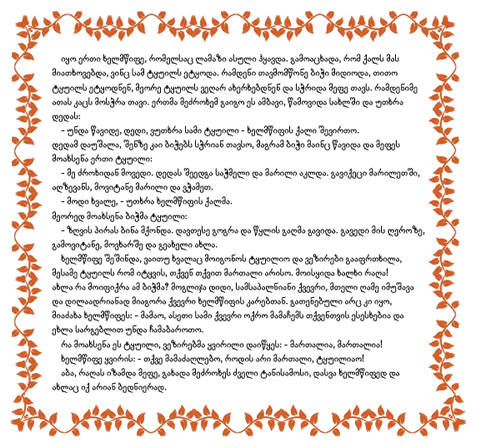Manao is solving a problem with the following statement:

He came up with a solution that produces the correct answers but is too slow. You are given the pseudocode of his solution, where the function getAnswer calculates the answer to the problem:
getAnswer(a[1..n], b[1..len], h)
answer = 0
for i = 1 to n-len+1
answer = answer + f(a[i..i+len-1], b, h, 1)
return answer
f(s[1..len], b[1..len], h, index)
if index = len+1 then
return 1
for i = 1 to len
if s[index] + b[i] >= h
mem = b[i]
b[i] = 0
res = f(s, b, h, index + 1)
b[i] = mem
if res > 0
return 1
return 0
Your task is to help Manao optimize his algorithm.
Input
The first line contains space-separated integers n, len and h (1 ≤ len ≤ n ≤ 150000; 1 ≤ h ≤ 109). The second line contains len space-separated integers b 1, b 2, …, b len (1 ≤ b i ≤ 109). The third line contains n space-separated integers a 1, a 2, …, a n (1 ≤ a i ≤ 109).
Output
Print a single number — the answer to Manao’s problem.
Examples
input
5 2 10
5 3
1 8 5 5 7
output
2
Solution:
#include <vector>
#include <list>
#include <map>
#include <set>
#include <deque>
#include <stack>
#include <bitset>
#include <algorithm>
#include <functional>
#include <numeric>
#include <utility>
#include <sstream>
#include <iostream>
#include <iomanip>
#include <cstdio>
#include <cmath>
#include <cstdlib>
#include <ctime>
#include <memory.h>
using namespace std;
const int N = 2000010;
int mx[N], add[N], a[N], b[N];
void modify(int x, int l, int r, int ll, int rr, int v) {
if (l > rr || ll > r) return;
if (l >= ll && r <= rr) {
add[x] += v;
return;
}
if (add[x] != 0) {
add[x + x] += add[x];
add[x + x + 1] += add[x];
add[x] = 0;
}
int y = (l + r) >> 1;
modify(x + x, l, y, ll, rr, v);
modify(x + x + 1, y + 1, r, ll, rr, v);
mx[x] = mx[x + x + 1] + add[x + x + 1];
if (mx[x + x] + add[x + x] > mx[x]) mx[x] = mx[x + x] + add[x + x];
}
int main() {
int n, len, h;
scanf("%d %d %d", &n, &len, &h);
for (int i=1;i<=len;i++) scanf("%d", b+i);
sort(b + 1, b + len + 1);
reverse(b + 1, b + len + 1);
for (int i=1;i<=n;i++) {
int foo;
scanf("%d", &foo);
int ll = 0, rr = len;
while (ll < rr) {
int mid = (ll + rr + 1) >> 1;
if (foo + b[mid] >= h) ll = mid;
else rr = mid - 1;
}
a[i] = ll;
}
memset(mx, 0, sizeof(mx));
memset(add, 0, sizeof(add));
for (int i=1;i<=len;i++) modify(1, 0, len, i, i, -i);
for (int i=1;i<=len-1;i++) modify(1, 0, len, a[i], len, 1);
int ans = 0;
for (int i=len;i<=n;i++) {
modify(1, 0, len, a[i], len, 1);
if (mx[1] + add[1] == 0) ans++;
modify(1, 0, len, a[i - len + 1], len, -1);
}
printf("%d\n", ans);
return 0;
}
Related posts:
Linear Diophantine Equation
Bear and Blocks
Purification
Drazil Likes Heap
Clique in the Divisibility Graph
Rotate Columns (easy version)
Rock Is Push
Design Tutorial: Learn from a Game
Boring Partition
Bear and Destroying Subtrees
Game on Tree
Search the subarray with the maximum/minimum sum
Alternating Current
Lost Array
A Game on Strings
Linear Congruence Equation
Zuma
Dirty Deeds Done Dirt Cheap
Degenerate Matrix
Lowest Common Ancestor - Farach-Colton and Bender Algorithm
Restoring Map
Tape
Second price auction
Cow and Exercise
Pillars
Simple Skewness
Kirchhoff's theorem. Finding the number of spanning trees
Network Mask
PolandBall and Forest
Bombs
Hongcow Builds A Nation
Minimum stack / Minimum queue

